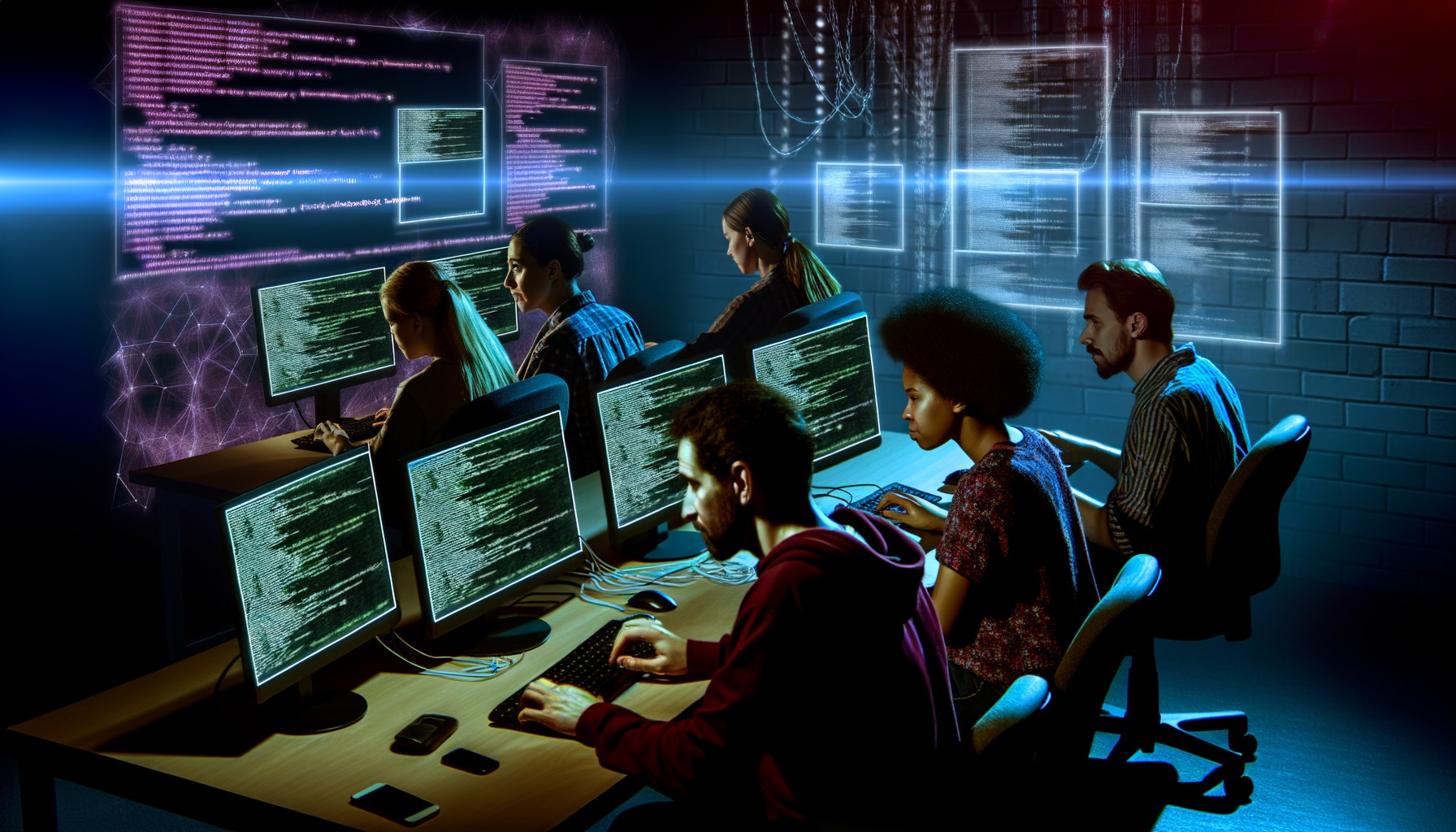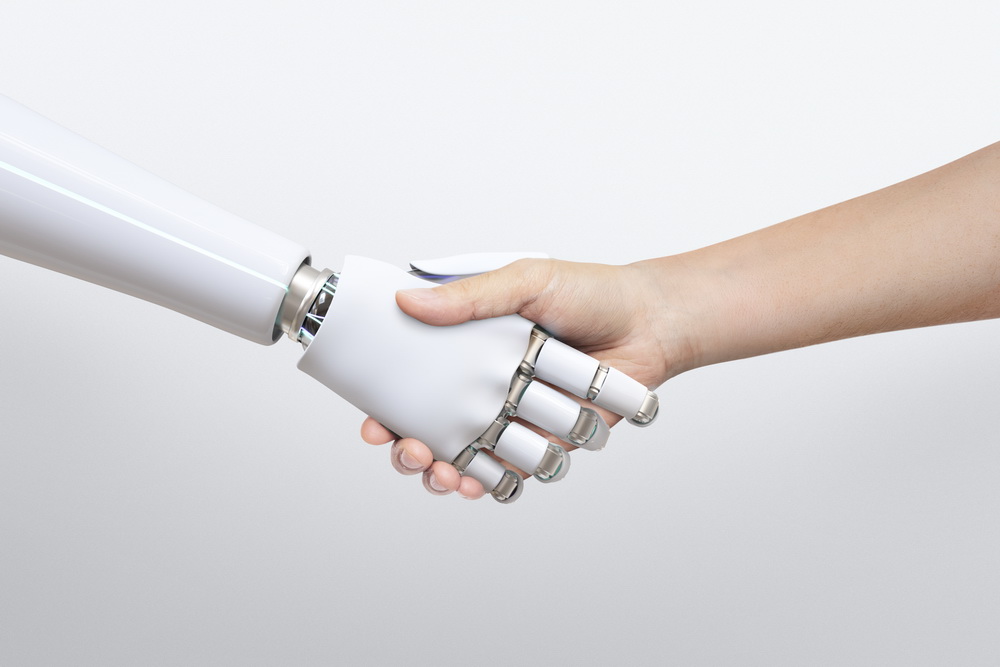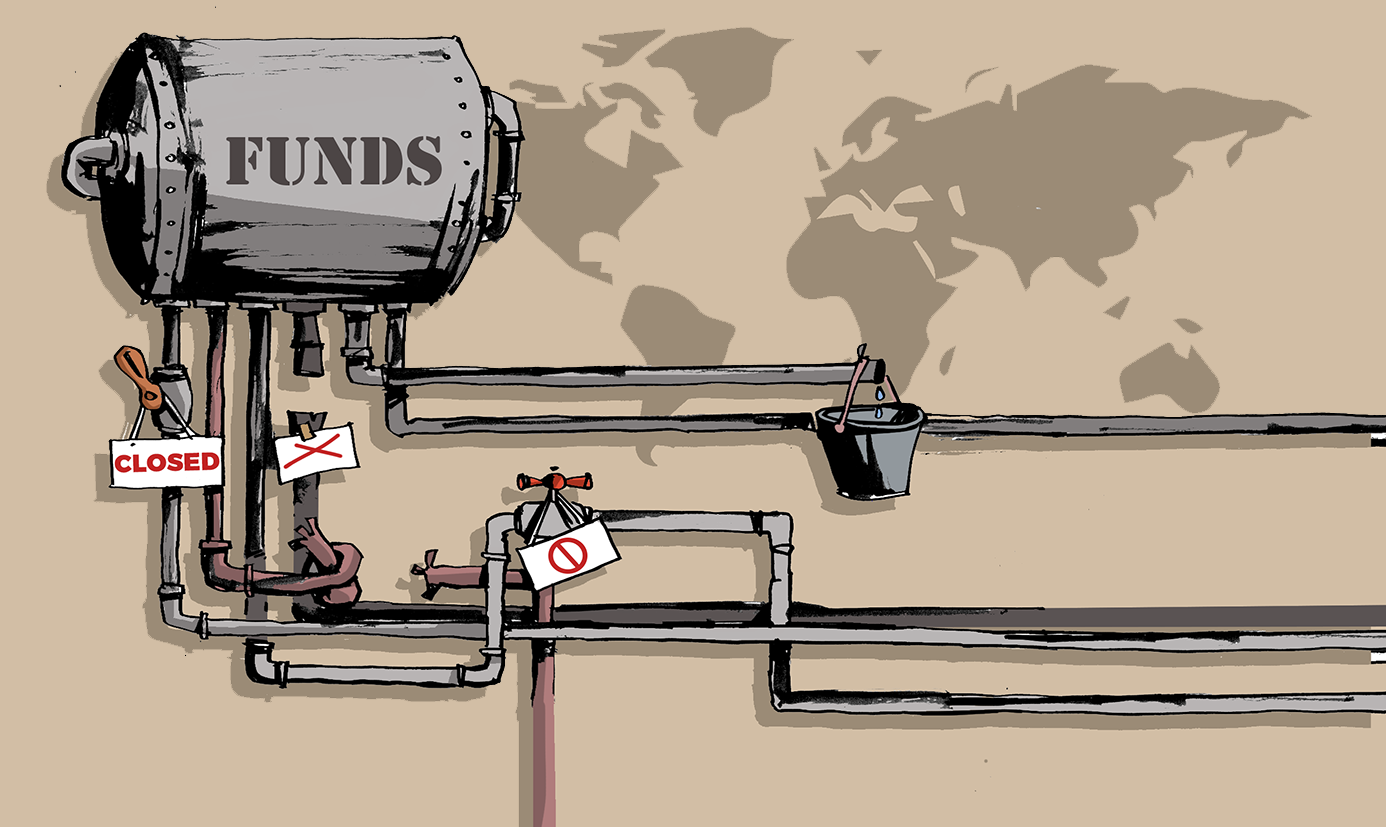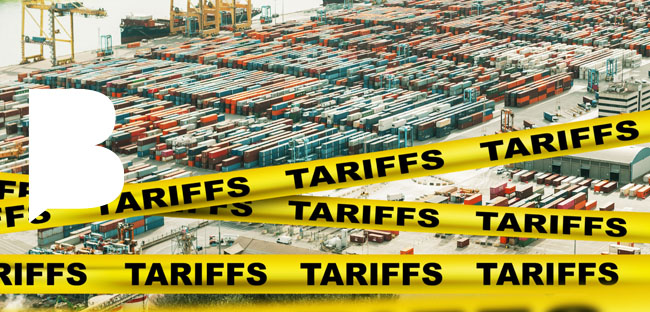
Dear reader,
Please don’t delete this email … as we do with the avalanche of newsletters and updates often generated by AI. We invite you to discover why the ‘AI for SMEs’ newsletter is different and worth your time.
If you, like us, barely cope with receiving an avalanche of offers related to the latest AI applications or texts about how AI transforms jobs and businesses, this newsletter can be your ‘one-stop’ place for discovering trends and what matters in AI.
Who is behind ‘AI for SMEs’?
This newsletter is crafted by humans. Thus, it is inevitable to be ‘biased’. I am Jovan Kurbalija, and my ‘biases’ have been gathered since 1992 when I developed the first expert system, AI at the time. Since then, I have gone through many ‘AI winters and springs’ by developing new tools and writing on AI technology, philosophy, and governance.
My colleague, Sorina Teleantu, a renowned analyst of AI and digital governance, will bring her ‘bias’ of meticulous attention to detail and a straightforward approach to policy of avoiding hype and clichés.
How is the newsletter written?
While we express our views, our reflections are supported by data, statistics, and insights from others. We are transparent about when we use AI tools in our research and discussions. Our goal is to inspire you to leverage AI in a way that aligns with your values and the culture of your business.
In this newsletter, we try to ‘walk our talk’ of harnessing the power of AI while preserving our core humanity.
If you are still with us, let’s delve into our first issue of ‘AI for SMEs’ reflecting on the first four months of 2025 from technological, business, and governance perspectives.
Jovan Kurbalija, Editor
TECHNOLOGY
AI becomes Commodity
AI has transformed into an affordable commodity. Just a year ago, it was a mysterious technology confined to a few labs in Silicon Valley. Now, you can download AI tools for free and set up your own AI server or access one of the many AI agents available for writing, analysis, or creating images and videos. The rise of DeepSeek and AI agents marks a significant turning point in our history.
First, DeepSeek moment was reminiscent of the ‘Sputnik moment’ for AI, demonstrating that powerful AI can be developed with a fraction of the investment used by giants like OpenAI. Even if sceptics argue that DeepSeek’s costs are not as low as claimed, it is still at least ten times less expensive.
This DeepSeek moment has spurred the rapid development of open-source platforms, emerging almost daily in China and around the world. We are nearing a time when each of us could have our own AI model on our mobile phones—perhaps by the end of this year. AI for All will be another turning point in history!
Second, AI agents are now integrating AI into our daily tasks. They are less about groundbreaking technology and much more on human use. With AI, we shift from the genuineness of technological mastery to the empathy of the use of technology.
Think of neural networks and LLMs like the first car engines


Back in 1908, Henry Ford dropped a combustion engine into the Model T. Fast-forward 100 years: that same core tech still powers today’s sleek Lamborghinis. Sure, the body got faster, safer, and flashier—but under the hood? It’s still a combustion engine.
Large Language Models (LLMs) are the ‘engine’ of modern AI. Just like cars evolved from clunky Model Ts to self-driving tech, LLMs are morphing into AI agents, coding assistants, and smart assistants. But deep down? It’s still LLMs doing the heavy lifting.
Carmakers are now going electric. Similarly, AI might one day ditch LLMs for something totally new. But for now? We’re still cruising on the AI “engine” we invented decades ago.
Updates on Technology
Meta AI integrates content from Facebook, Instagram, and WhatsApp to make responses more personal.
Businesses often lack policies to safeguard against AI vulnerabilities.
Deep Cogito launches hybrid AI models that switch between fast answers and deep reasoning, outperforming rivals like Meta and DeepSeek in early benchmarks.
The new AI handles real conversations better, with a 4.2% word error rate across languages and a 1.09s response time, outperforming GPT-4o in noisy environments.
Despite the hype, analysts warn that AI agents are far from replacing human workers, and businesses need to carefully manage costs and complexity in their adoption.
Free AI agent from Zhipu claimed to surpass DeepSeek.
BitNet b1.58 2B4T beats several rival models on benchmarks and runs twice as fast on some tasks, requiring less memory and no GPU.
Chinese AI firms are lining up to trial Huawei’s most advanced processor yet.
BUSINESS
The AI Sprint vs. Marathon
As AI becomes a commodity, you can launch your AI agent in an hour or even less. However, developing AI that truly reflects your organisation’s culture and needs requires much more time—about a year.
This gap between an hourly ‘sprint’ and an annual ‘marathon’ presents is in the core of AI business transformation. The excitement of installing your first agent often leads to celebratory announcements about joining the AI era. However, once the initial thrill fades, many realise that true AI involves a long process of fine-tuning data and training models for specific needs. Disappointments kick in, and many AI ‘sprint projects’ end up in the ‘AI graveyard’ of unused agents and platforms.
This can be avoided by realising early enough that AI transformation is much more about organisational change than implementation of technology per se.
After witnessing many AI ‘springs and winters’ since 1992, I developed ‘cognitive proximity’ focusing on knowledge, processes, and people. At Diplo, AI is developed organically as a part of our daily work on teaching, researching, or administering projects. New knowledge is created through an interplay between human and artificial intelligence.
Updates on Business
Staff are paid not to work during the non-compete period.
Despite featuring AI-generated visuals, Microsoft’s Surface ad has garnered little attention for its use of AI, with most viewers unaware of the technology behind it.
Think AI is ready to run your office? One chaotic experiment proves it might not even survive a day at the front desk.
AI chatbots have done little to affect wages and employment, according to a new study.
Startup blends tech with human connection in recruitment.
GOVERNANCE
Need more lawyers than AI developers?
There’s both good and bad news for businesses in the realm of AI governance. The bad news is that you may need to hire more lawyers than developers to navigate the complex regulatory landscape. Following the media frenzy in 2023 about AI as an ‘existential risk’ to humanity, the EU enacted the EU AI Act, a strict regulation, while the Biden administration introduced an AI safety executive order.
The good news is that ‘bad news’ won’t be as bad. AI regulatory fewer is cooling as our understanding of AI and its risks is becoming more realistic. Many existing laws can be applied to AI to regulate AI risks for jobs, media impact, and health protection.
This shift is already noticeable. The EU is working to streamline the implementation of the comprehensive EU AI Act, while the Trump administration rolled back Biden’s executive orders, leaning towards a less regulated approach. Switzerland’s cautious, ‘wait and see’ strategy has proven beneficial, allowing the country to avoid hasty regulations that could stifle innovation and growth.
AI’s ‘existential risk’ should remain on our policy radar, but it should not dominate the way we develop and use AI!
Updates on Governance
Notable authors such as Kate Mosse and Tracy Chevalier are participating, with the demonstration organised by the Society of Authors (SoA).
Digital payments now account for 35% of in-store purchases in Switzerland, surpassing cash for the first time.
Researchers suggest tools could be developed to flag AI-generated news online.
Meta faces backlash from authors, including Gerry Adams, after claims it used copyrighted books, possibly including works from pirated database LibGen, to develop its AI models.
Video-sharing app had for years claimed it did not store European personal data on servers in China.
As US courts merge twelve lawsuits accusing OpenAI and Microsoft of using copyrighted content without consent, protests erupt, and scrutiny intensifies.
Amid rising recession fears and trade tensions, gold and the Swiss franc continue to outperform Bitcoin and other assets like US Treasury bonds.










































































































































